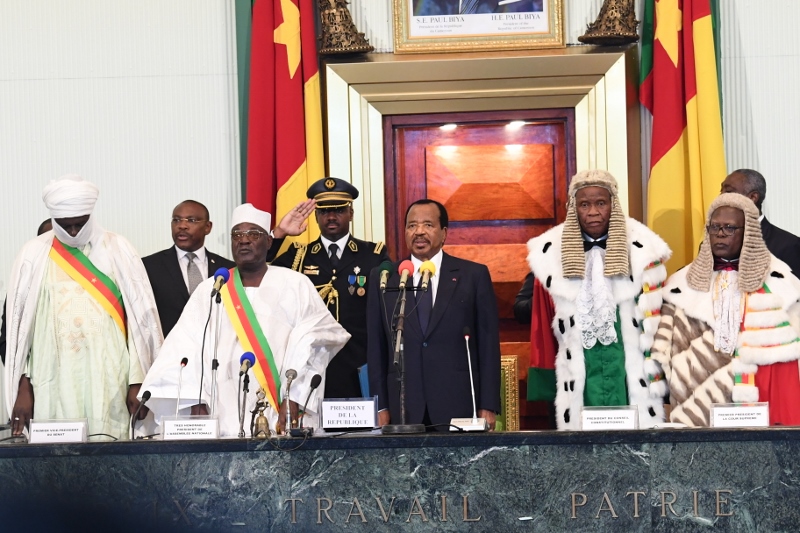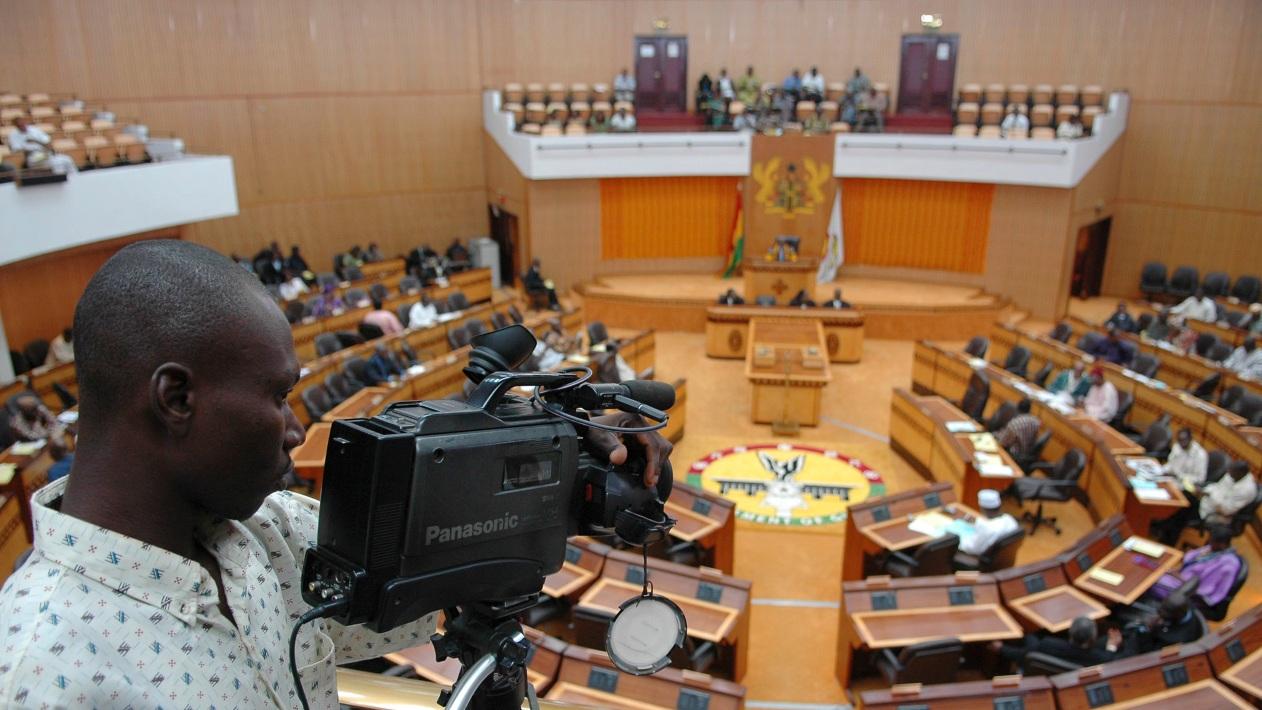Calls for electoral reforms are gaining traction across Africa, yet political elites across the continent continue to ignore these demands. Gift Mwonzora looks at what is driving these calls and weighs up their chances of being answered.
Recent research shows that electoral integrity has become a major concern across the world. There is a growing feeling that the world’s electoral playing fields are uneven. Africa is not immune from this trend. The continent’s political elites continue to bury their heads in the sand and turn a blind eye to calls for electoral reforms.
The lack of reform in Harare
In Zimbabwe, electoral contestation has raged with regularity, and there are long-standing disputes around electoral reforms. The country has held regular local government, legislative and presidential elections, however, it is the quality of these elections that has raised concerns among the country’s citizens.
Zimbabweans worry about the uneven electoral playing field, which is viewed as skewed in favour of the incumbent. The ZANU-PF regime invokes repressive and draconian legislation to restrict the right to assembly and freedom of association. The executive also holds a domineering role in the appointment of election commissioners to the chagrin of the opposition. Consequently, it comes as no surprise that the redrawing of election boundaries is tilted in favour of the incumbent party.
There is widespread distrust of the Zimbabwe Electoral Commission especially when it comes to vote counting, but also with regards to the preparation, conduct and supervision of the entire election.
Calls for electoral reform have crystallised around legal, administrative, and political changes. These include repealing repressive legislation, permitting diaspora voting, guarantees of freedom of assembly, and access to airtime in state media for opposition parties during election campaigns.
Calling for electoral reforms not only in Zimbabwe but in Africa is the easy bit, achieving them has proven to be incredibly difficult. Reformists are interested in creating an electoral arena to yield free, fair, and credible elections. It is a desire not shared by those in power. Those who enjoy the benefits of incumbency have sought to maintain the status quo to the disadvantage of other players. Calls for electoral reforms are therefore dismissed as the antics of an opposition scared of elections or sensing a defeat and looking for an excuse for their loss.
Unfortunately, this simplistic narrative has proved attractive to some people. Perhaps, this is because calls for electoral reforms often gain momentum in the build-up to major elections. But framing the demands for electoral reforms as antics of a timid opposition sensing electoral defeat in Zimbabwe would be incorrect.
Why reform
In Zimbabwe, calls for reform can be condensed into three main issues: security of the voter, security of the vote, and secrecy of the vote. Again, what has been evident in Zimbabwe is that the power holders (ZANU-PF) speak with a forked tongue when it comes to the issue of electoral reforms.
Even though the new constitution was adopted in 2013 several sections in the Electoral Act have yet to be aligned with the new constitution. These include the lack of monitoring and sanctioning of the partisan behaviour of civil servants and traditional leaders in the furtherance of the ruling party’s interests during election periods.
The carrot and stick approach to reform
After the 2018 elections, the election observer missions of the European Union, Commonwealth, International Republican Institute and the National Democratic Institute made more than 200 recommendations to the Zimbabwean government. These included enfranchising the rights of Zimbabweans in the diaspora (diasporans’ right to vote), timely and effective determination of pre-election disputes, alignment of appeal and petition rules with the Electoral Act, and incorporation of administrative complaint mechanisms within the election management body. So far, these recommendations have not been taken up.
This is not surprising. Very rarely do incumbents in semi-authoritarian or competitive authoritarian regimes implement reforms that seek to challenge their stranglehold on the levers of power. Jonathan Moyo ZANU-PF former top ideologue once remarked: ‘There was no way ZANU-PF would reform itself out of power’.
The international community has, however, continued to apply pressure. In particular, the Commonwealth has used the potential of membership to entice and nudge the Zimbabwean government to reform. After years of ostracisation following Mugabe’s decision to pull out, Zimbabwe is keen on re-joining the Commonwealth.
As a prerequisite for re-joining the Commonwealth, the grouping has outlined pre-conditions to be fulfilled by the Zimbabwean government. As part of this re-engagement, the ZANU-PF-led administration is supposed to abide by the rule of law and satisfy tenets of democracy by holding free, fair, and credible elections. As of now, the jury is still out on whether the country will adhere or not.
For Harare, the re-admission will enable access to lines of credit and the pursuit of foreign direct investments. The thinking among the ZANU-PF regime is that re-joining the Commonwealth will be a diplomatic score that will help in lobbying for the removal of the United States and the European Union sanctions. Re-joining the club will also go a long way in reviving trade links with member countries. The grouping also helps foster international trade cooperation with third parties worldwide. For now, there is a sense of willingness and intent, but actions are thin on the ground.
Waiving the rule book
In the absence of true reform, the country has witnessed the ‘judicialisation of politics’ where incessant litigation of electoral disputes are brought before the bench. This occurs in every election cycle. So far, all the opposition cases have been thrown out, or the bench has ruled in favour of the incumbent, thus perpetuating the conflict over elections.
To some, the very act of bringing election disputes to the courts is a moot exercise aimed at testing the bench’s independence, autonomy, and impartiality. The judiciary has rarely ruled in favour of the opposition in election disputes except in Malawi and Kenya. It will most likely be the case in the recent 2023 Nigerian elections that are also heavily contested.
Future outlook and possibilities
Without substantive electoral reforms, the 2023 elections will be another disputed and contested election.
In such a context, the Zimbabwean opposition will again resort to the courts for arbitration of electoral disputes damaging the reputations of all the institutions involved and stoking divisions.
Distrust and a lack of confidence in the election management body and the judiciary will continue to be an albatross around the neck of Zimbabwean citizens as they seek to participate in electoral processes that pass a clean bill of health. Unfortunately, those with the most to gain from the status quo already hold the levers of power.
Photo credit: Sokwanele – Zimbabwe used with permission CC BY-NC-SA 2.0





